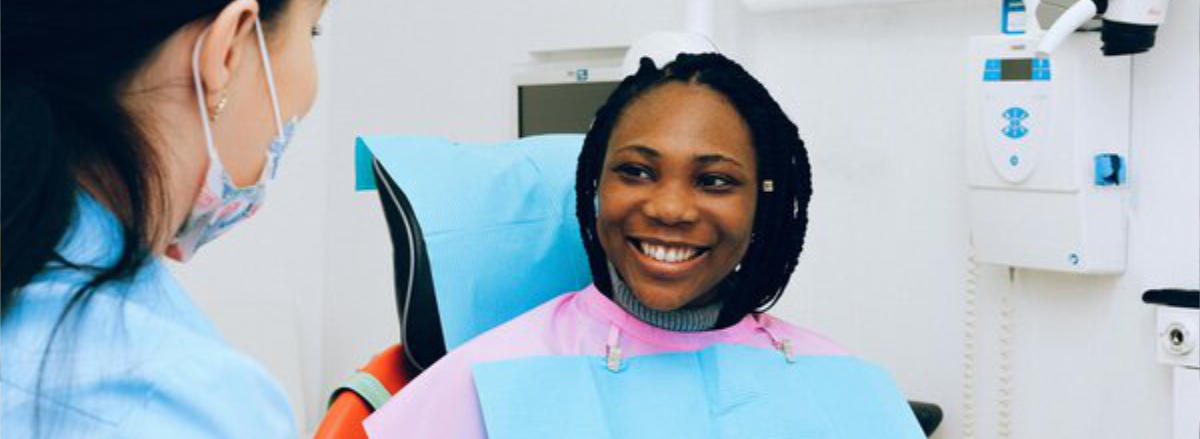Enhancing Patient Comfort: The Benefits of Deep Sedation in Dental Care

A trip to the dentist can cause worry and anxiety in many people. If that describes your patient, sedation dentistry may be an excellent option to help them feel comfortable. Keep reading to find out what exactly deep sedation is and how it can help you provide quality care and support your patients.
What is deep sedation in dentistry?
Sedation dentistry could be useful for patients if they get anxious when visiting the dentist. Medication is used in sedation dentistry to assist patients unwind while receiving dental care. Sedation comes in several forms, from light to deep.
Under deep sedation, the patient may be so relaxed that they're unaware of their surroundings. The patient might not be able to respond to you or remember much about the procedure afterward. However, this doesn't mean they're completely unconscious. Unlike general anesthesia, where a patient is entirely unconscious, deep sedation allows the patient to be in a state of controlled relaxation, making it a safer alternative for dental procedures that require extensive work.
A patient will often be able to select the type of anesthetic or sedative that they get. That being said, there is usually good reason if the dentist suggests a more severe dose of anesthesia for a certain operation. It's typically a good idea to talk about the alternatives and discuss why you are prescribing a particular type of sedation.
Sedation vs. anesthesia
Deep, moderate or light sedation are all forms of anesthesia. Local and general anesthesia are additional forms of anesthetic used during dental procedures. The treatment region is made numb by local anesthetic. Throughout the procedure, patients are awake and attentive. Because it induces a brief state of forgetfulness in which you become insensitive to pain without losing awareness, it is frequently referred to as "twilight."
When general anesthesia is administered, patients become unconscious. They won't be able to respond if they're under general anesthesia until the effects wear off. There is a big difference between this and sedation in that the former allows a patient to wake up stimulated.
Who should use it
This is often recommended by dentists for individuals who:
- Experience anxiety about dental visits
- Getting a surgery done (such as wisdom teeth removal)
- Have a strong fear of needles
- Struggle with an overly sensitive gag reflex
- Have heightened sensitivity in their teeth
- Require special care due to physical, cognitive, or behavioral conditions
Advantages
Deep sedation has advantages, both for the denist and the patient:
Relaxation
Deep sedation helps patients feel calm and relaxed, reducing the stress and anxiety they may get when at the dentist.
Improved cooperation
By minimizing movement and discomfort, deep sedation allows the dentist to perform procedures more efficiently and precisely. The dentist can get the job done without the patient gagging or flinching.
Pain management
Patients experience significantly less pain under deep sedation, making even difficult procedures more tolerable.
Awareness without discomfort
While deep sedation keeps the patient awake, the individual will remain calm and comfortable throughout the procedure, with little to no memory of the experience afterward. The dentist can tell the patient to open and close their mouth and move around, making it easier on them.
Conclusion
Deep sedation is a solution for patients who experience anxiety or are getting a difficult dental procedure done. It helps with the overall dental experience so that necessary treatments are carried out smoothly and with less stress. Understanding the benefits of deep sedation can help healthcare professionals ensure smoother and more effective dental procedures for anxious patients.

